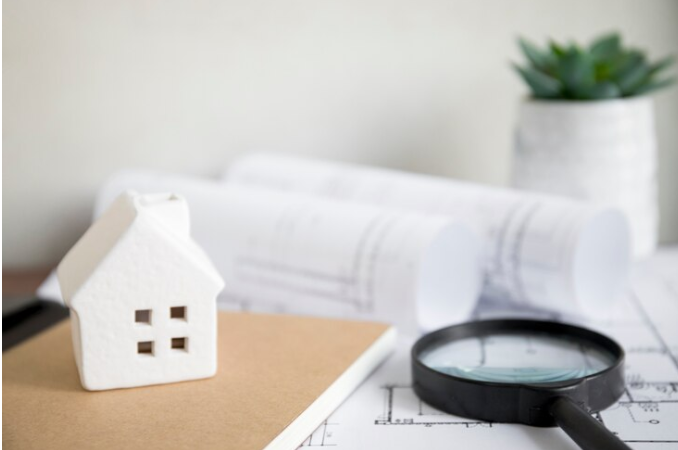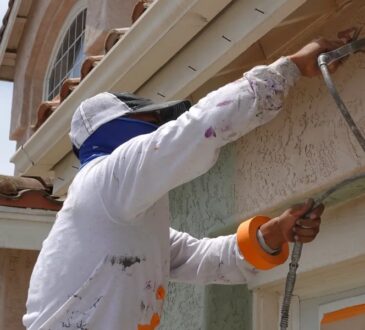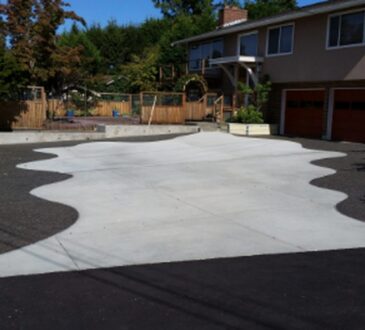
When you’re thinking about buying a new home, it’s exciting, isn’t it? But hold on a second—before you get swept away by dreams of cozy living rooms, there’s something really important you need to do. You need to inspect the home thoroughly.
What if there’s a hidden problem with the sewer line? Sounds like a nightmare, right? That’s why inspecting the home before buying is so essential. It’s all about ensuring that your dream home doesn’t become a money pit of repairs and headaches.
Inspecting the home thoroughly lets you know exactly what you’re getting into. You can identify potential issues and either get them fixed before you buy or use them to negotiate a better price. Plus, knowing that your new home is safe and sound gives you peace of mind.
4 Must-Checks Before Buying a Home
1. Sewer Line
The sewer line is one of the most critical parts of a home’s infrastructure. Problems here can be expensive and messy to fix. You’ll want to check for any signs of sewer line issues, such as slow drains, gurgling noises, or bad smells coming from the drains. It’s also a good idea to get a sewer scope inspection.
This involves sending a camera down the sewer line to check for blockages, cracks, or other problems. Trust me, you don’t want to discover these issues after you’ve moved in. If you find any issues during the inspection, consider sewer line replacement.
2. Plumbing
Leaky pipes, dripping faucets, and water stains can indicate plumbing problems. Check under sinks and around toilets for signs of water damage or mold, and test the water pressure in different faucets and showers.
If the home has a basement or crawl space, look for any signs of moisture or leaks there, too. It’s better to spot any issues early on because plumbing services can be costly.
3. Electrical System
The electrical system is another crucial area to inspect. Faulty wiring can be a fire hazard, so you’ll want to ensure everything is up to code. Look at the electrical panel—are there any signs of rust or corrosion? Test all the light switches and outlets to ensure they work properly.
If the home has an older electrical system, you should budget for an upgrade. A professional electrician can give you a thorough assessment of the system’s condition.
4. Roof
A damaged or aging roof can lead to leaks and water damage. Look for missing or damaged shingles, signs of moss or algae growth, and debris in the gutters. If the roof looks questionable, getting a professional roofer to take a closer look is a good idea.
Roof repairs or replacements can be a major expense, so you’ll want to know the roof’s condition before deciding.
Professional Help Vs. You Do It by Yourself
● Doing It Yourself
If you’re handy and have some knowledge about home systems, you can certainly do a preliminary inspection yourself. Walk through the house, check for obvious signs of damage or wear and tear, and take notes.
● Hiring a Professional
Hiring a professional home inspector is highly recommended, while a DIY inspection is a great start. These experts have the training and experience to spot problems you might miss. They use specialized tools and techniques to thoroughly inspect the home’s structure, systems, and overall condition.




